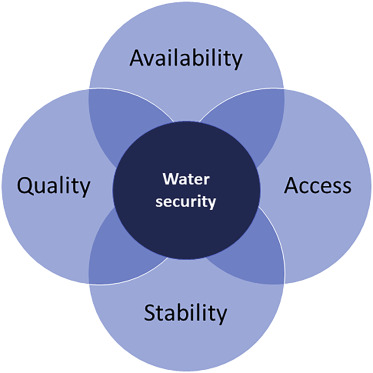Temperature affects many life processes, but its effect might be expected to differ among eukaryotic organisms inhabiting similar environments. We reviewed literature on temperature thresholds of humans, livestock, poultry, agricultural crops, and sparse examples of fisheries. We found that preferable and harmful temperatures are similar for humans, cattle, pigs, poultry, fish, and agricultural crops. Preferable temperatures range from 17°C to 24°C. Stress temperature thresholds are lower when humidity is higher.
Emerging Programs for Autism Spectrum Disorder Improving Communication, Behavior, and Family Dynamics 2021, Pages 243-264

